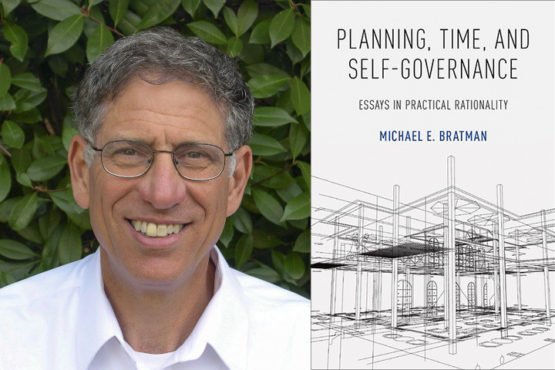Why do people get upset when something about their planning goes awry?
When a person forget about his/her already scheduled meeting or multitasking, something goes messy and the person calls it a mistake. At that time, that person blames himself or herself and apologize to those affected by their inconsistent behavior.
According to Stanford philosopher Michael Bratman, the feeling of self-blame and failure that most people get after messing up their plans is the negative emotions in those situations. Those emotions represent humans’ inherent need to abide by so-called rational norms of consistency, coherence, and stability that help guide their planning.

Bratman said, “Fitting together different plans in a coherent, consistent and stable way is part of what it means for humans to have unified thinking concerning what they are doing, noting that the existence of those norms helps make planning rational and is essential to people’s sense of freedom and autonomy over their own lives.”
For this study, Bratman developed a hypothesis on how people have set their lifestyle. He stated that the person has settled his/her lifestyle in a society that built buildings, paved roads, and raised food.
He argued that people’s intentions are critical to the realization of their plans. For example, having a cavity requires scheduling a dentist appointment; an expired driver’s license means a trip to the Department of Motor Vehicles.
Bratman stated, “In groups, intentions shared by two or more people also help organize complicated social activities over time, such as planting and sustaining a community garden.”
“We have organized ourselves into societies that have built buildings, paved roads, and raised food. It’s hard to see how those things would come about if we were not able to plan.”
During the study, Bratman identified three norms that encourage rational planning: consistency, coherence, and stability.
He explained by giving an example, Imagine Anna awakens with a toothache and understands that she ought to most likely visit a dental practitioner. The standard of consistency – not completing two things immediately – forces her to and a trip to the DMV at the same time.
The standard of intelligibility – arranging the way to accomplish plans – pushes her to arrange a taxi that will get her to the dental practitioner’s office. The norm of stability – sticking to one’s original plans – encourages her not to skip the dentist because she already ordered a taxi.
Bratman said, ” These subtle norms appeared to guide us to plan a specific way, a balanced way. But, pretty quickly, other scholars started asking tough questions: ‘Why do these rationality norms exist in the first place? Why do people worry about having plans that are consistent, coherent and stable?’ And they had a great point. We don’t worry about having consistent wishes or fantasies, for example. I could wish to be a millionaire but also wish not to put a lot of time into earning money.”
This study demonstrates why these rationality norms exist and why humans should adhere to them. It also suggests that having plans is essential to our self-governance.
Bratman said, “Being able to articulate a useful theory for understanding how norms of rationality and human action are interconnected has implications for other disciplines.”
Bratman, the U.G. and Abbie Birch Durfee Professor in the School of Humanities and Sciences, details a way to understand why rational planning matters to people in his recently published book, Planning, Time, and Self-Governance.
